By: TPA News Desk | editor@thepointafricanews.com
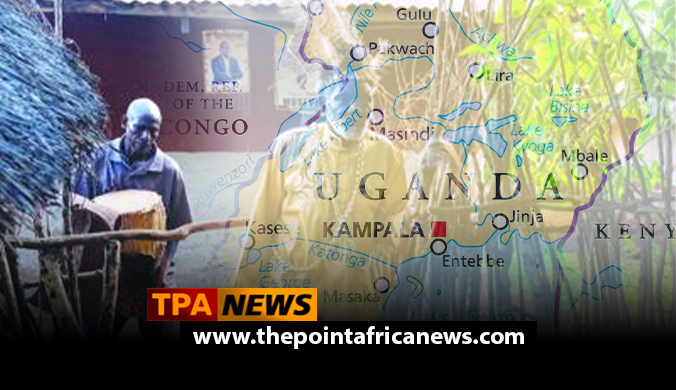
With Uganda’s presidential and parliamentary elections set for January 12, 2026, a controversial wave of political superstition is stirring public debate. Reports from local and international media reveal that a growing number of candidates—desperate for political power—are turning to witch doctors and traditional healers for spiritual protection and electoral success.
According to the Associated Press, some politicians have openly redirected campaign resources to rituals and charms, believing they can influence election outcomes or shield them from spiritual attacks. In eastern Uganda, aspiring parliamentary candidate Wilson Watira recalled how some of his opponents refused to shake his hand, fearing spiritual harm.
Steven Masiga, a researcher from Mbale, observed that this belief system is thriving under political pressure. “Witch doctors are now reaping money from politicians,” he told reporters, citing a surge in ritual consultations by election hopefuls.
President Yoweri Museveni, who has ruled Uganda since 1986 and is expected to run again, has previously spoken of participating in traditional ceremonies—including a wartime ritual in which he jumped over a slaughtered chicken. While Museveni has not directly endorsed the current trend, his remarks have drawn attention to the normalization of such practices in Ugandan political life.
In Mbale, traditional healer Rose Mukite confirmed a rising influx of political clients, many requesting charms, spiritual consultations, or herbs. “They come because they fear arrest or want to win votes,” she said.
However, not all politicians are engaging in spiritual rituals. Peace Khalayi, a candidate for the National Assembly, rejected the idea. “As a Christian, I rely on prayer,” she said, while noting the pressure candidates face from peers who believe in supernatural sabotage.
Religious leaders and civil society groups have voiced concern. Some clerics warn that belief in witchcraft is fueling fear, mistrust, and may even incite electoral violence. In areas like Luweero, Christian and Muslim leaders are urging politicians to focus on policy and integrity rather than mysticism and superstition.
Uganda’s deep-rooted spiritual culture often blends traditional and modern beliefs, but analysts say the growing political use of witchcraft could distract from the real issues voters care about: jobs, education, health, and governance.




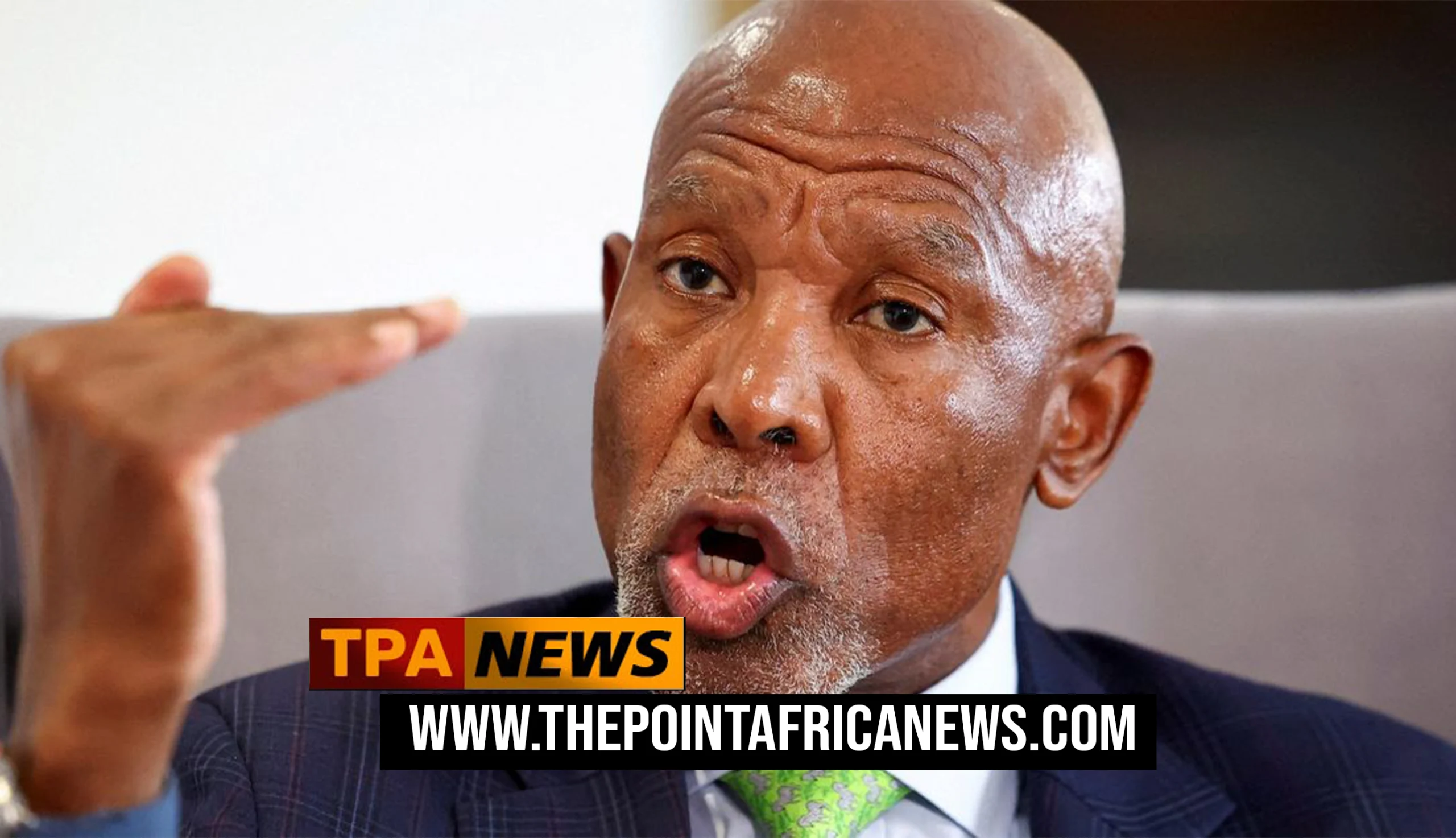
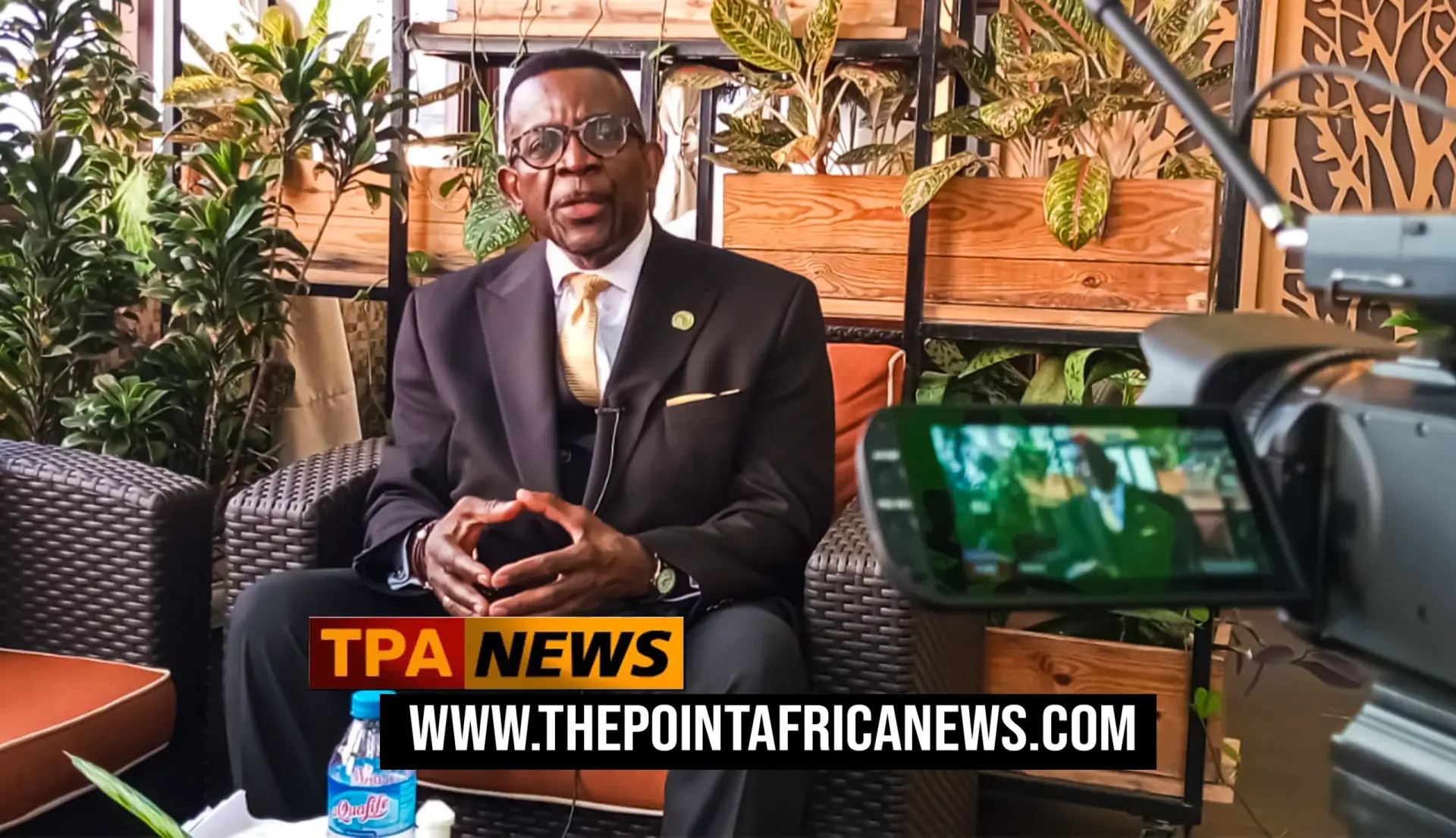
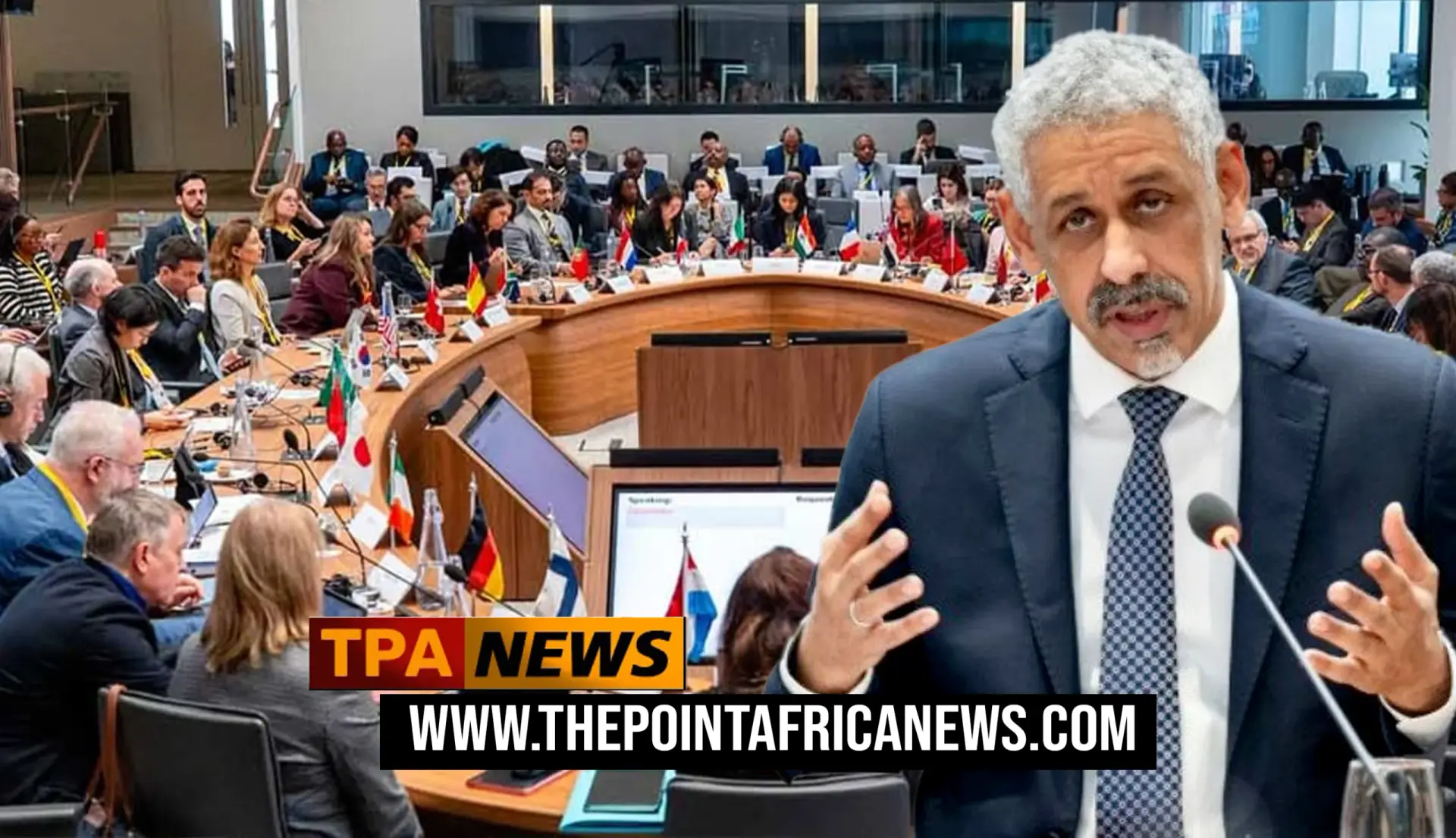
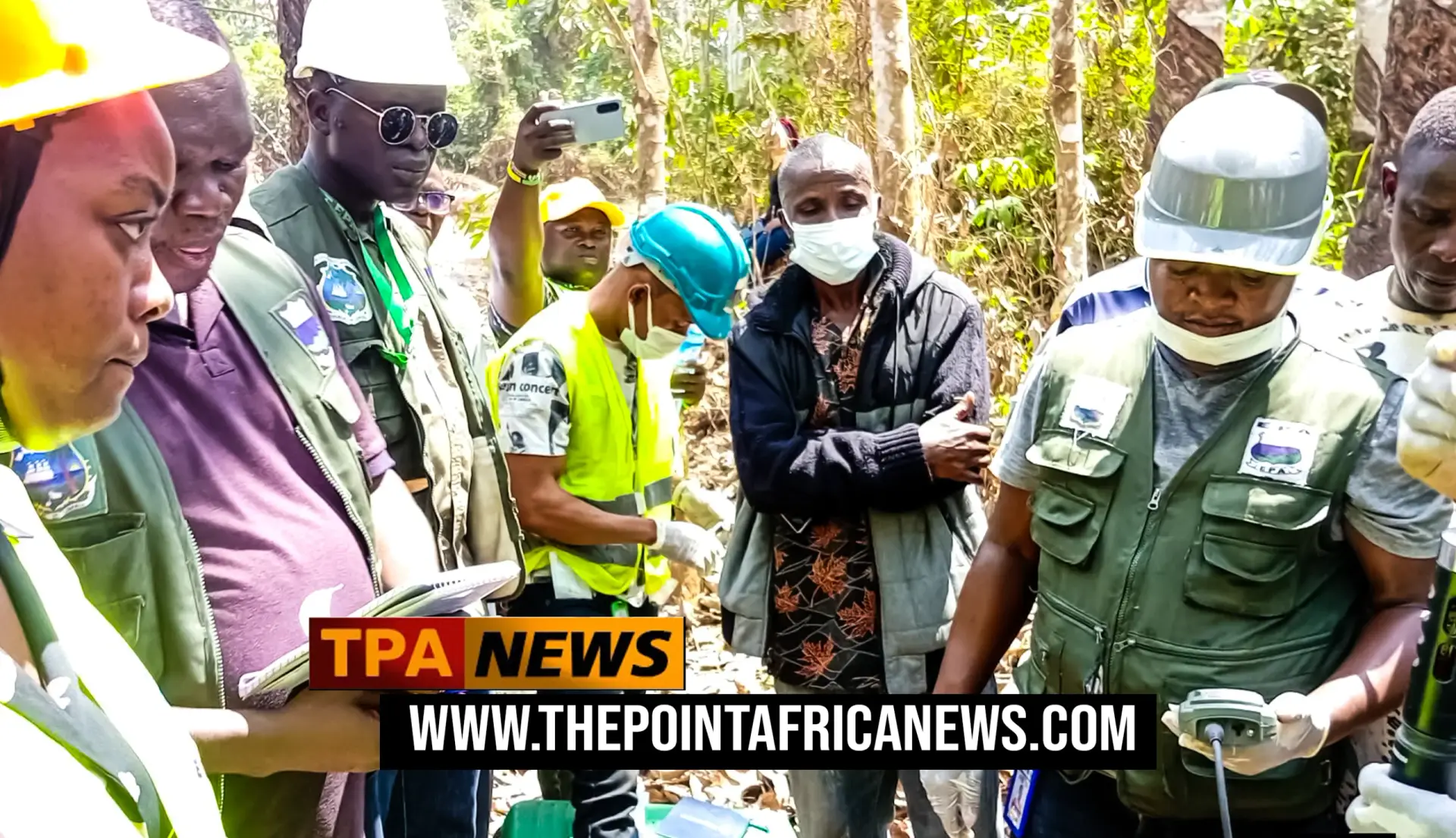
Leave a Reply